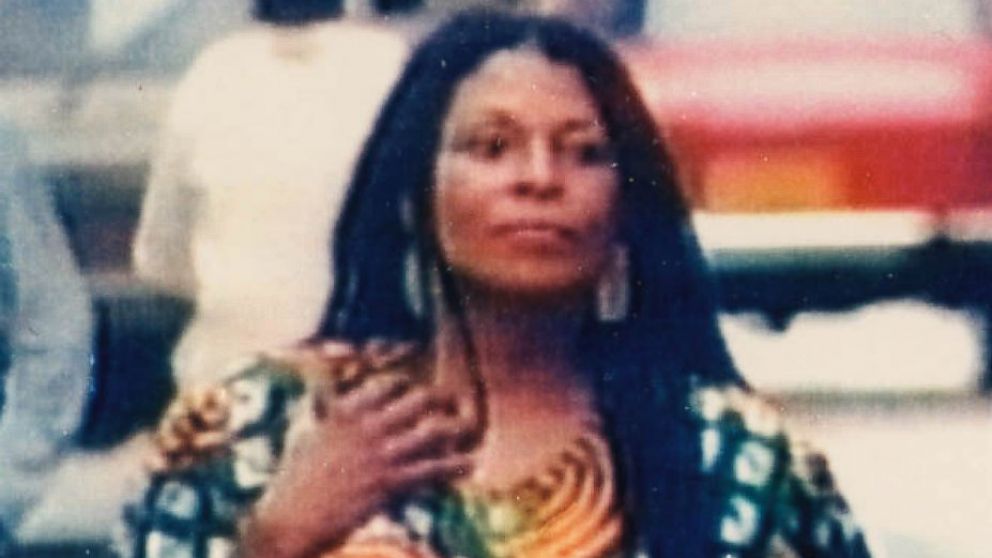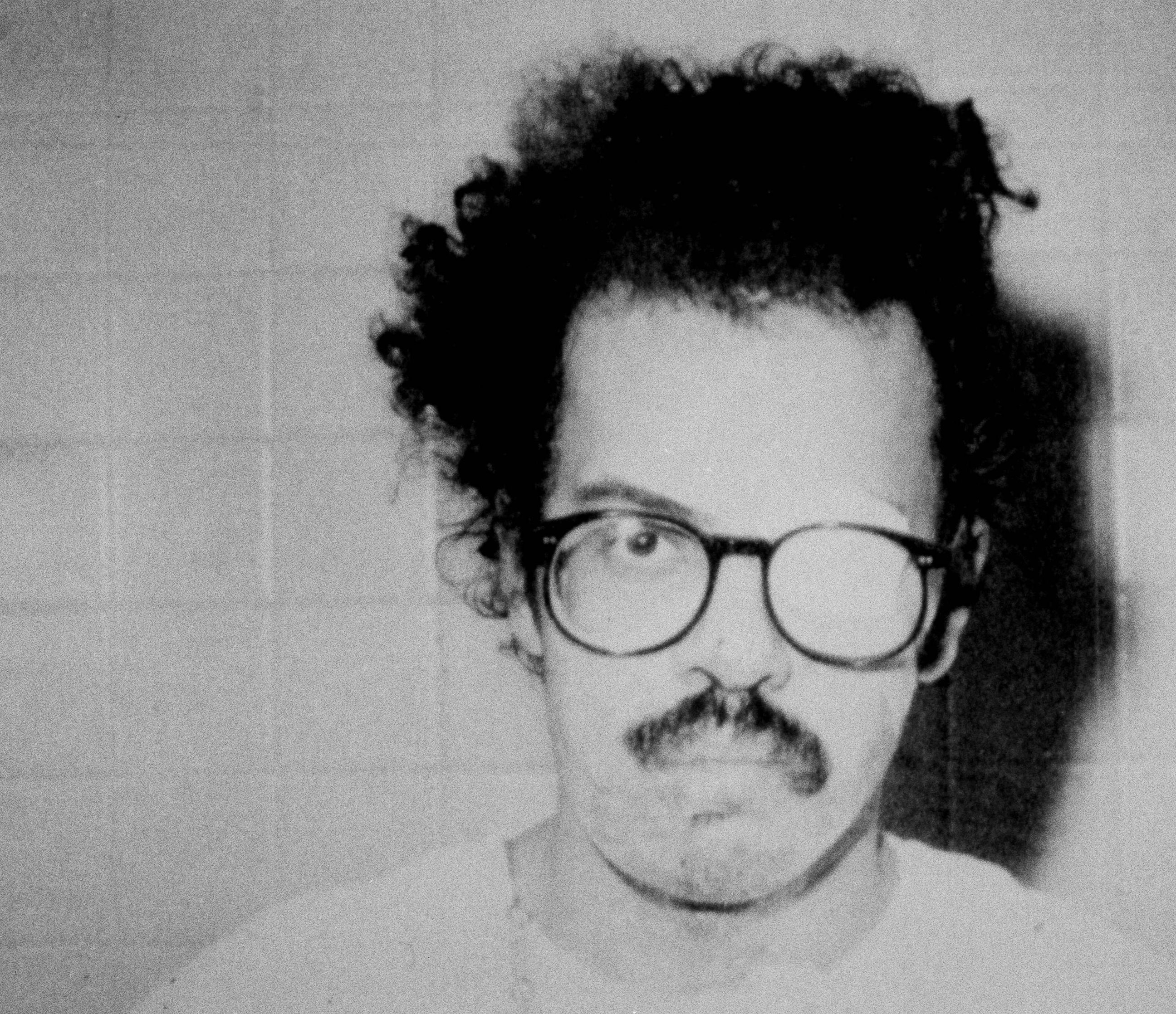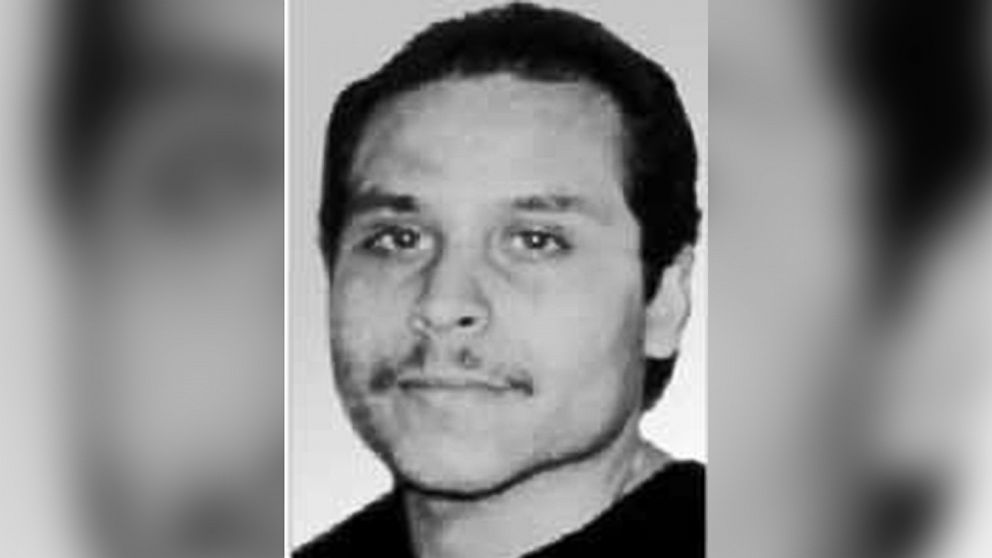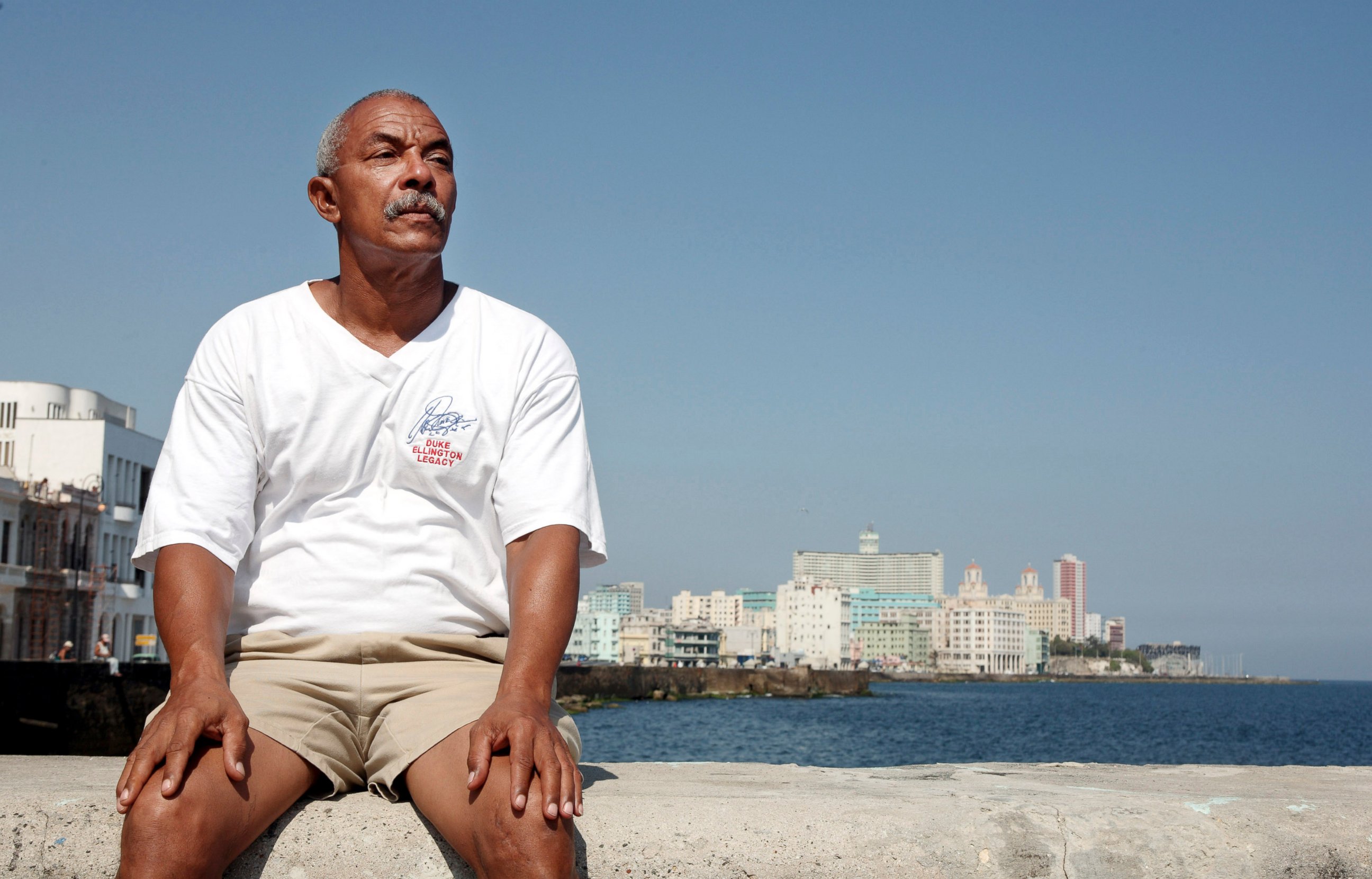These American Fugitives May Be Hiding Out in Cuba
Havana has been a haven for American fugitives for decades.

— -- Former prisoner Alan Gross was thrilled to return to America from Cuba earlier this week but there are dozens of other Americans who are in the country for other reasons -- and probably don't plan on leaving.
Cuba has been a haven for American fugitives for decades, but now that the two countries are restoring diplomatic relations their hideout might not be an option much longer.
"We will continue to press for the return of U.S. fugitives in Cuba to pursue justice for the victims of their crimes in our engagement with the Cuban government," the Department of Justice said in a statement emailed to ABC News.
There is no official number of Americans who have fled to Cuba, but reports suggest there could be dozens.
Federal officials have publicly placed at least one fugitive, Joanne Chesimard, in Cuba. However, they did not immediately respond to requests for confirmation on the whereabouts of the other fugitives named below.
Here are some of the most notorious Americans who have been reported as possibly hiding in the island nation just 90 miles off the coast.
1. Joanne Chesimard
Joanne Chesimard has been living in Cuba under the name Assata Shakur since 1984.
She was a member of the Black Liberation Army in 1973 when she shot and killed Trooper Werner Foerster during a traffic stop. She was convicted in 1977 and escaped prison two years later.
Chesimard, who is became the first woman on the FBI's Most Wanted list last year, hid in a series of safe houses in New Jersey and Pennsylvania before fleeing to Cuba.
Anyone who helps bring Chesimard, now 66, into custody stands to get $2 million in rewards, according to the FBI.

2. Guillermo Morales
A bomb maker who fought for Puerto Rican independence is one of the American fugitives who has been living in Havana.
Guillermo "William" Morales was sentenced to 99 years in prison after being linked to two explosions in New York City -- one in 1975 that killed four and injured 60, and a second in 1977 that killed one, The New York Post reported.
Morales escaped from the prison ward of Bellevue Hospital in 1979 and, though he was reportedly held in a Mexican prison for several years in relation to a different crime, he fled to Cuba after his release in 1988.
"The U.S. press looks at me one way, but the press in Puerto Rico looks at me in a positive way because I’m a person that defends their homeland," he told The Post in 1999.

3. Victor Manuel Gerena
Victor Manuel Gerena fled custody in the United States following a 1983 robbery in Connecticut.
Gerena, now 56, allegedly robbed a security company of $7 million and "took two security employees hostage at gunpoint and then handcuffed, bound and injected them with an unknown substance in order to further disable them," according to the FBI.
A representative from the New Haven branch of the FBI confirmed to ABC that Gerena is still considered a fugitive but would not comment on his suspected whereabouts.
Published reports suggest that he could be in either Mexico or Cuba.

4. Charlie Hill
Like Chesimard, who was publicly praised by Fidel Castro, not all of the fugitives are trying to hide their whereabouts.
Charlie Hill is wanted by New Mexico officials after he allegedly killed a state trooper and hijacked a plane in 1971.
Hill, a native of Illinois, spoke to The New York Times in 2007 and discussed what he thought would happen to him if his longtime protector, Castro, died.
"I don’t think there will be much change if Fidel dies," Hill told The Times in 2007. "There might be, but I think it’s 60-40 that not much will happen. If it does, well, what can I do?"
5. Ishmael LaBeet
Ishmael LaBeet reportedly has been hiding in Cuba, though his troubles stem from a different island.
LaBeet and others were charged in the murder of eight people in St. Thomas, in the U.S. Virgin Islands, in 1973.
According to The St. Thomas Source, LaBeet was being flown to the mainland U.S. in 1984, got control of one of the armed guards escorting him, and forced the commercial plane -- full of other passengers -- to Cuba.
After the plane landed in Cuba, LaBeet reportedly was welcomed to his new country. The plane then was allowed to fly back to the U.S.




